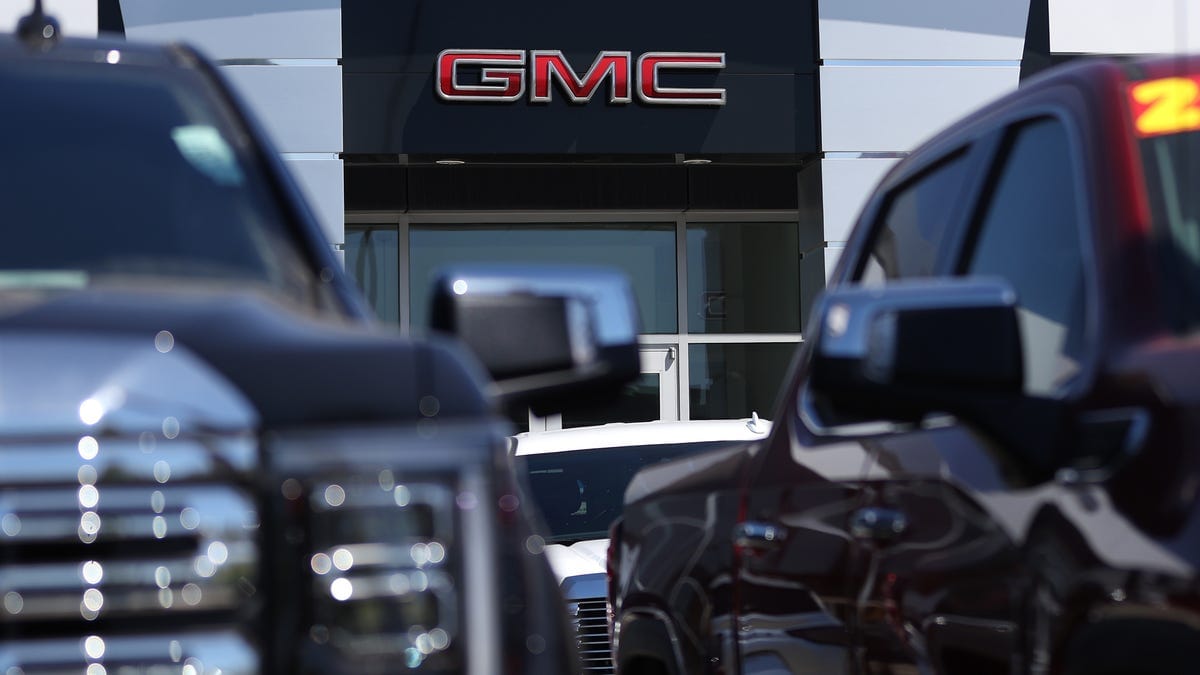In a strategic move that underscores its commitment to bolstering domestic manufacturing, General Motors (GM) has declared a substantial investment of $4 billion towards its U.S. manufacturing facilities. This announcement comes at a time when tariffs on imported materials and components continue to create turbulence within the automotive industry. The decision to allocate funds for enhancing production capabilities reflects GM’s intention to not only maintain its competitive edge but also to support local economies and job creation within the United States.
The automotive sector has been significantly impacted by a variety of tariffs introduced over the last few years, particularly those affecting steel and aluminum imports. These tariffs have prompted manufacturers to reconsider their operational structures, sourcing strategies, and overall production processes. For GM, the decision to invest heavily in its domestic plants represents a proactive stance aimed at mitigating the risks posed by these external economic pressures.
This $4 billion investment is expected to be directed towards upgrading existing facilities, improving production technologies, and expanding capacity. The initiative will likely lead to the modernization of various plants, enabling them to produce electric vehicles (EVs) and advanced technologies at a faster pace. As the automotive market shifts towards sustainable mobility solutions, it is essential for companies like GM to innovate and adapt to meet consumer demands.
A large portion of the investment will be earmarked for the production of electric vehicles, a segment that GM has indicated will be pivotal to its long-term growth strategy. With the global automotive industry undergoing a transformation towards electrification, GM is keen on establishing itself as a leader in EV technology. By enhancing its manufacturing capabilities in the U.S., GM aims to ensure that it can scale up production of its electric vehicle lineup efficiently. This aligns with broader industry trends where consumer preferences are increasingly leaning towards environmentally friendly transportation options.
Moreover, this sizable investment is expected to generate thousands of jobs across the country. By boosting production capabilities, GM can create employment opportunities not only within its own facilities but also throughout the supply chain. This is particularly significant in regions where manufacturing jobs have dwindled, necessitating targeted support to revitalize local economies.
Another aspect of this investment involves strengthening partnerships with local businesses. By sourcing materials and components regionally whenever possible, GM aims to build a robust supply chain that can withstand global market fluctuations caused by tariff impositions. Supporting local suppliers will not only bolster the U.S. manufacturing sector but will also enhance GM’s resilience against the economic uncertainties linked to international trade.
General Motors has a clear vision of how it intends to navigate the complexities of the current manufacturing landscape. While the challenges presented by tariffs are significant, they are also seen as an opportunity for growth and innovation. By investing in modernization and sustainable practices, GM is positioning itself to thrive amidst the changes, ensuring its products align with both consumer expectations and regulatory requirements.
The $4 billion investment plan speaks volumes about GM’s confidence in the U.S. manufacturing sector. It also highlights the importance of domestic production, especially in an era when global supply chains have been under intense scrutiny. The pandemic revealed vulnerabilities in relying heavily on international suppliers, and GM’s efforts to enhance local production are a strategic response to these lessons learned.
Furthermore, this investment will likely have positive implications for GM’s competitive positioning in the marketplace. With the automotive industry entering an era of rapid transformation driven by technological advancements and changing consumer behaviors, being at the forefront of manufacturing innovation will be critical for sustained success. By focusing on enhancing production capabilities in the U.S., GM aims to not only ensure its leadership in electric mobility but also to adapt quickly to the evolving demands of the market.
In conclusion, General Motors’ decision to invest $4 billion in U.S. manufacturing plants amid tariff challenges highlights a significant commitment to enhancing domestic production capabilities, responding to shifting market dynamics, and promoting economic recovery through job creation. As the automotive industry continues to evolve, GM’s focus on innovation, sustainability, and local sourcing will play a crucial role in shaping its future and redefining how it meets consumer needs in an increasingly competitive landscape.



